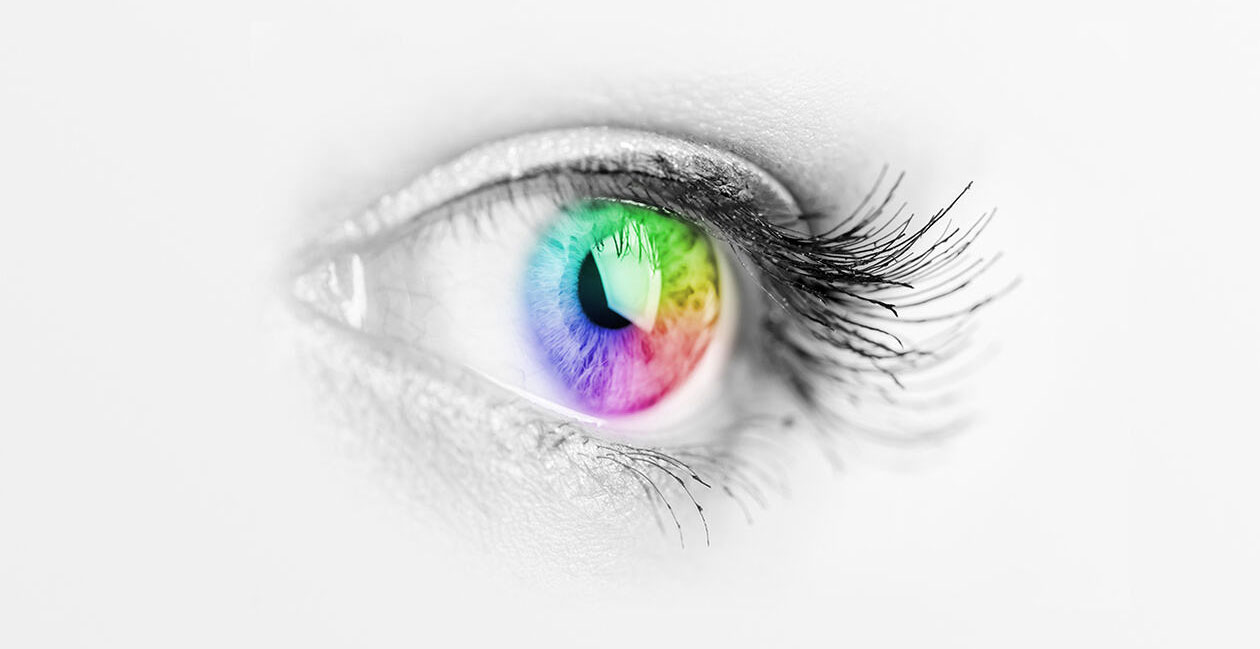
Behçet’s disease is an autoimmune condition characterized by recurrent oral ulcers, genital ulcers, eye inflammation (uveitis), skin lesions, and inflammation in other organs. This disease is considered a type of vasculitis, which affects the blood vessels. Behçet’s disease typically begins in young adults and presents with various symptoms.
The main symptoms of Behçet’s disease include:
Recurrent and painful sores inside the mouth.
Painful sores in the genital area.
Eye inflammation (uveitis) is the most common eye symptom. Symptoms can include redness, pain, blurred vision, and sensitivity to light. If untreated, this can lead to serious vision loss.
Individuals with Behçet’s disease may have specific lesions on the skin, often appearing as reddish nodules or pustules.
Arthritis and muscle pain may occur.
Abnormal swellings in the head and neck area can occur due to Behçet’s disease.
Abdominal pain, diarrhea, and other gastrointestinal problems can appear, albeit rarely.
The exact cause of Behçet’s disease is unknown, but it is thought to be an autoimmune disorder. A combination of genetic factors, environmental factors, and immune system mechanisms may play a role.
Treatment generally depends on the symptoms and the degree of inflammation in the organs. Various medications such as steroids, immunosuppressive drugs, and biologic treatments may be used. Treatment requires ongoing monitoring and adjustment throughout the course of the disease.
Due to the complex and variable nature of Behçet’s disease, the treatment approach often involves collaboration from a multidisciplinary team, which typically includes a rheumatologist, an eye doctor, and other specialists.